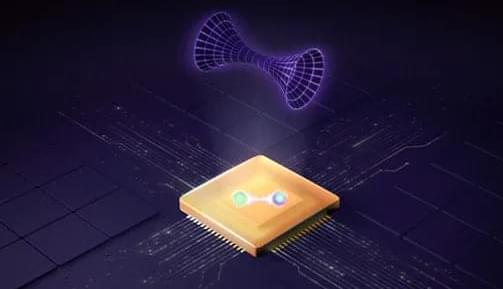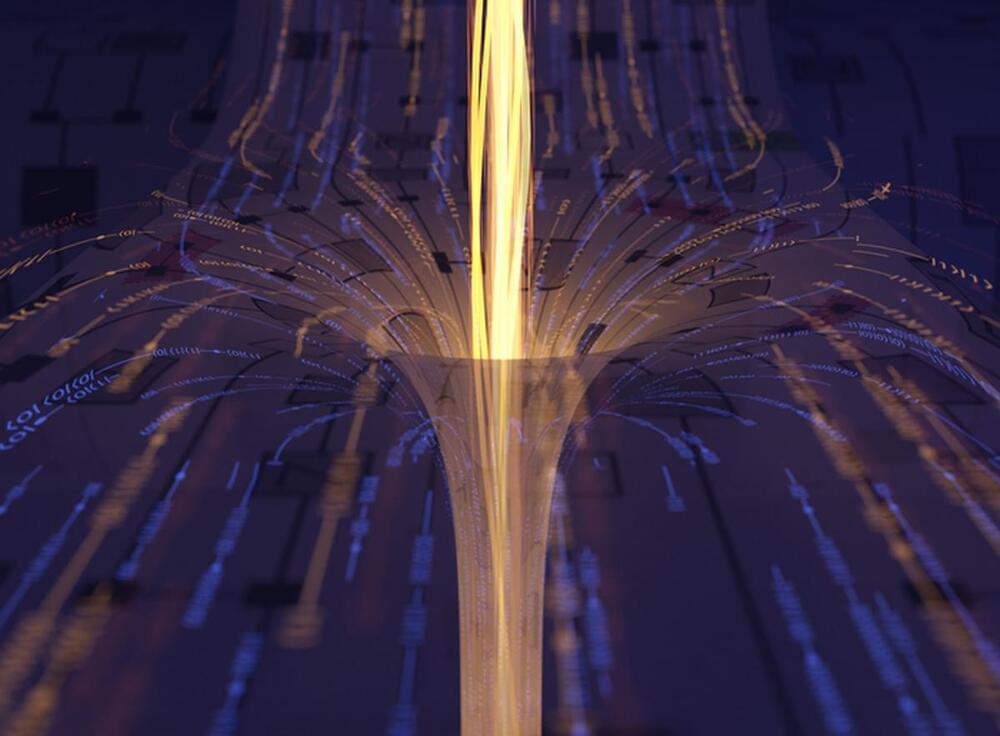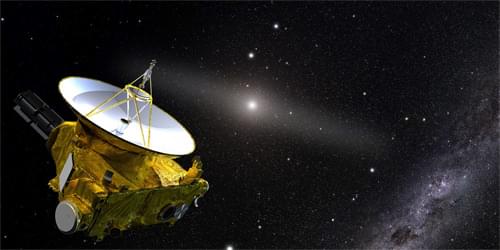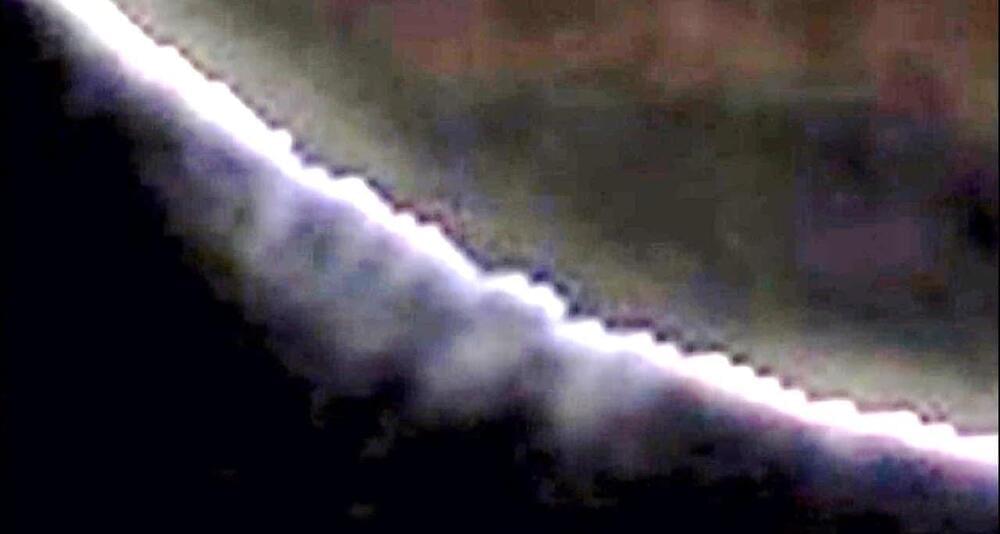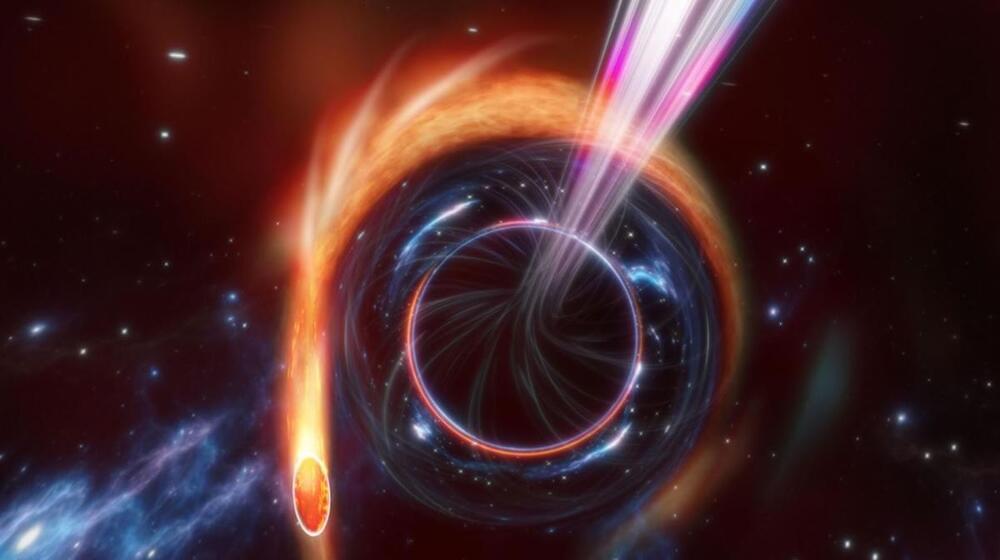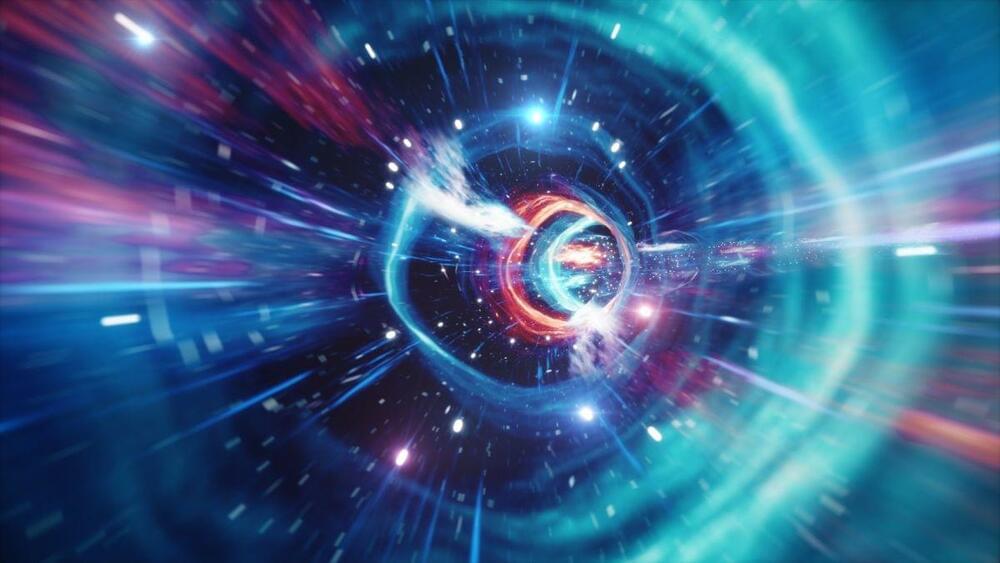Dec 4, 2022
Astronomers Suggest Different Dimensions May Exist in our Universe
Posted by Shubham Ghosh Roy in categories: cosmology, quantum physics
Researchers at Uppsala University have formulated a new model for our universe to solve the mystery of dark energy. The study proposes a new way to assemble a dark energy cosmos where our universe rides on an expanding bubble in an extra dimension. In a study, Swedish physicists pointed out the existence of another dimension in the universe we live in. Scientists propose that our universe exists within an expanding bubble in an extra dimension. Studying the cosmos in the last 20 years has shown that the cosmos is constantly expanding. Additionally, the speed of its expansion increases.
The conventional explanation for this goes through a type of energy (dark energy), which permeates everything and “pushes” the universe to expand more and faster. In physical cosmology and astronomy, dark energy is a still-unknown form of energy that is hypothesized to permeate all of space, tending to accelerate the expansion of the cosmos The mysterious dark energy poses more questions than answers, functioning as a cosmic wildcard in some explanations of theoretical physics.
Researchers from the University of Uppsala have proposed a new concept. This includes another dimension and other universes to avoid this problem. In their study, published in the journal Physical Review Letters, physicists from Uppsala University argue that our universe is “mounted” on a bubble that expands in an additional dimension. Our entire universe fits on the edge of the expanding bubble. All matter in our cosmos corresponds to the endpoints of strings that extend into the extra dimension. The researchers also show that expanding bubbles of this kind can be created within the string theory framework.


